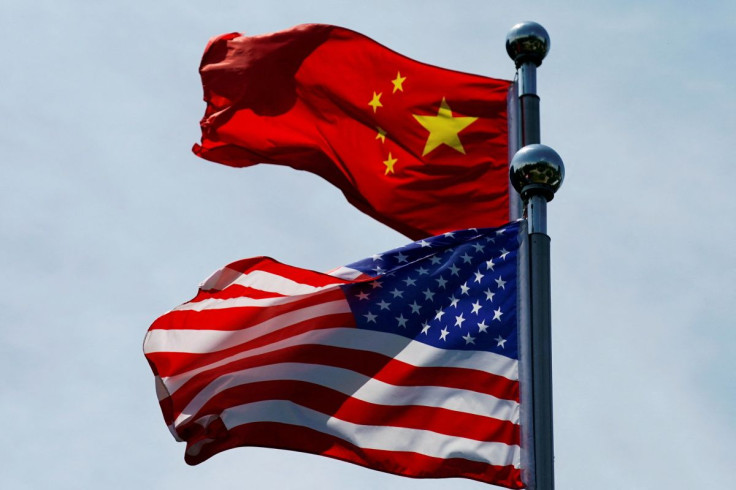China On 'Alert' Over Debate Of Japan-US Nuclear Agreement—Will It Happen?

Beijing was on "alert" this week over comments made by former Japanese Prime Minister Shinzo Abe last Sunday that Japan should consider a nuclear sharing deal with the United States following Russia's invasion of Ukraine.
"While Japan has three nonnuclear principles, holding discussions on the reality about how the world's safety has been protected should not be considered to be a taboo," Abe said in a television program, via nippon.com.
In a Global Times editorial titled "Alert! Abe's remarks are unlocking Japan's militarism," Beijing is raising a couple of concerns about changing political attitudes in Japan towards nuclear weapons.
One of these concerns is that Japan has the capabilities to manufacture nuclear weapons.
"Japan is a highly industrialized country with one of the world's top large-scale computer systems and the ability to simulate nuclear tests," the editorial says.
Meanwhile, Beijing is concerned with the rise of Japanese nationalism and reviving old atrocities between the two countries.
"As soon as Japanese right-wing's madness is combined with its national capabilities, the consequences will be devastating," adds the editorial. "This would, to a large extent, mean a total change in the nature of Japan as a nation, a complete release of its military capabilities, and perhaps an escape of militarism from the cage that has trapped it for nearly 80 years."
But what Beijing is mostly concerned about is that a nuclear Japan may change the balance in East Asia.
"Then, the fear of nuclear terrorism would be emerging in East Asia," continues the editorial. "At that moment, the nuclear balance in Asia will be completely broken, and the geopolitical situation will face a major alteration. No Asia-Pacific country will be able to make itself better. "
Still, Professor Harsh Mathur of Case Western Reserve University sees a U.S.-Japan nuclear agreement as "symbolic.”
"The U.S. can deliver nuclear weapons to any place on Earth using long-range ballistic missiles, aircraft, and cruise missiles. Japan is therefore already under the U.S. nuclear umbrella," he says. "Placing nuclear weapons in Japan would only have a symbolic effect of making that umbrella more visible but would likely increase the risk of accidental nuclear war and of making those weapons more vulnerable to attack or terrorists."
However, Professor Mathur thinks that such an agreement is unlikely, as Japan has a long-standing policy not to host U.S. nuclear weapons.
"The existing deployments in Germany, Belgium, the Netherlands, and Italy that Prime Minister Abe proposed as a model for Japan are not necessarily something that the United States would choose today," he says.
In addition, "the U.S. and Japan Security Treaty already commits the US to the defense of Japan. Moreover, there are more U.S. military bases and personnel in Japan than in any other country, demonstrating the strong commitment of the U.S. to the defense of Japan," he adds.





















